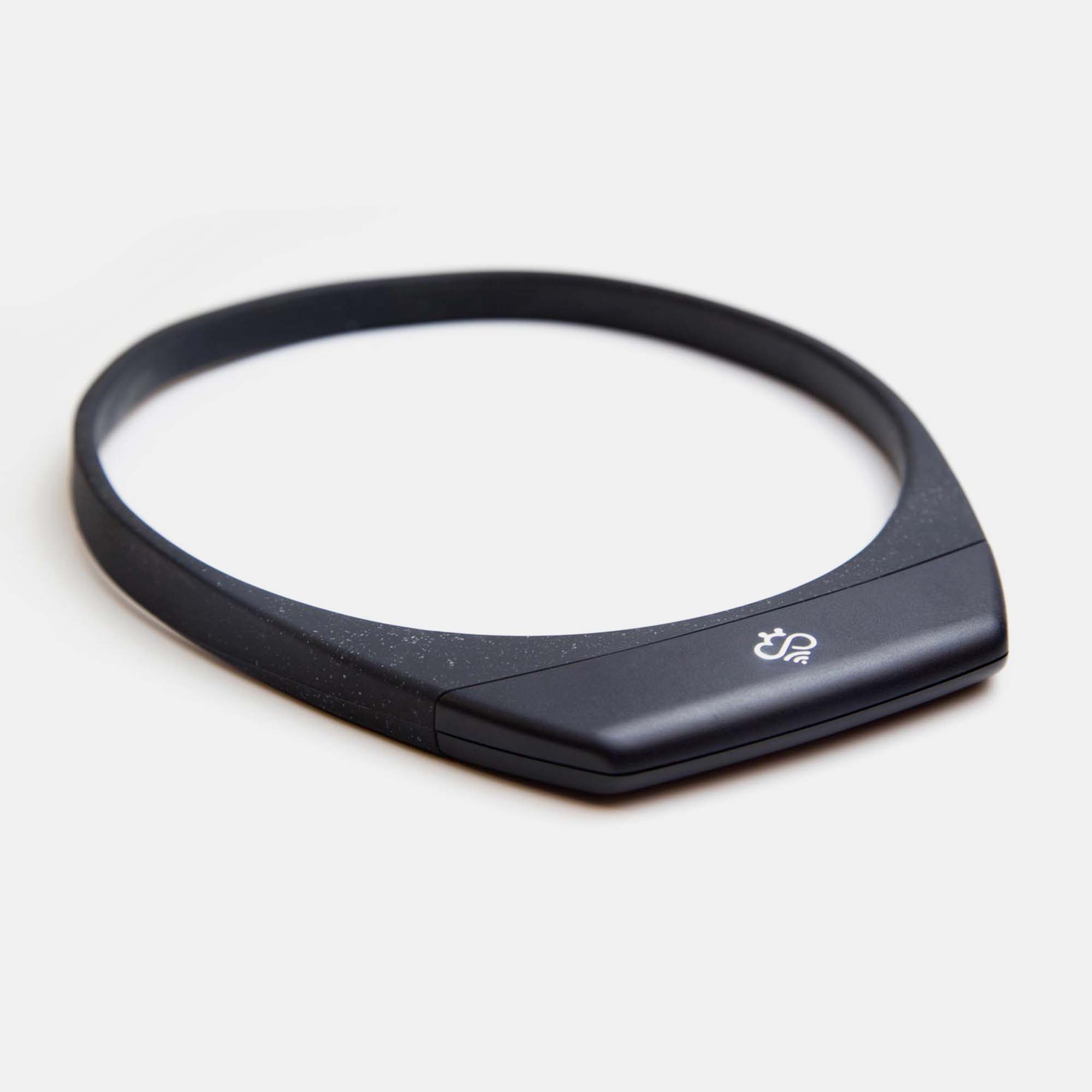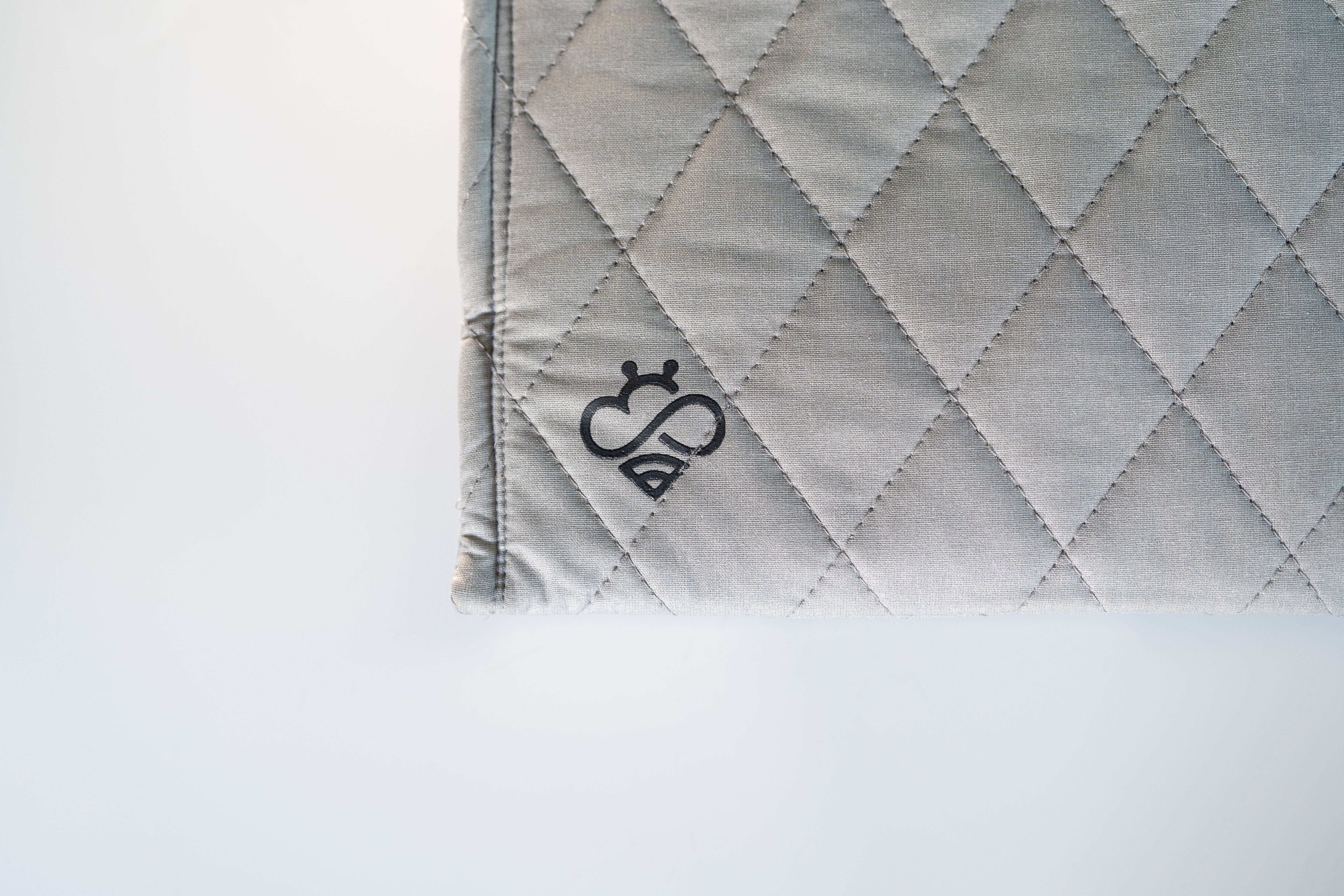How to concentrate when you feel like procrastinating
Of all of the problems that the pandemic has caused, this one has become my personal Goliath: I can’t focus. Don’t get me wrong, I’m thankful to have a job when the unemployment rate is on the rise, and I’m not trying to suggest that I was always 100% in the zone when I used to work in an office…but I’m finding more and more that I can’t focus on the work I’m supposed to be doing.
I’ll give you an example. As I’m writing this article, I’m distracted by the presence of a tiny spider (the jumping kind) making its way across the windowsill. Fortunately, this spider is serving its purpose by proving my inability to focus. But I’m not always able to monetize my distractions in that way.
What do your distractions look like? Perhaps your kids are the main culprits (they’re just so cute!) or your news app that’s constantly funneling your attention towards the latest tragedy. Maybe you have ADHD or another condition that prevents you from focusing.
Whatever the case may be, your distractions don’t need to be the puppet masters of your work life. It’s time to figure out how to concentrate in the midst of a distracting environment…because working remotely doesn’t seem to be going anywhere.
Jim Kwik’s productivity secrets
Memory expert and Hapbee advisory board member Jim Kwik suffered from a head injury at age 5 that made him struggle in school throughout his childhood. Eventually, he discovered ways to rebuild his brain and enhance his ability to learn quickly as well as improve his memory.
Jim holds that the best exercise for your brain is reading. That’s why he reads one book every day. How often do you read books? If you don’t feel motivated to read, that might be because you’re not good at it. Building confidence in your reading skills will make you want to do it more.
Every time Jim reads a book or listens to a podcast, he asks himself these three questions:
- How can I use this?
- Why must I use this?
- Who can benefit from this?
Asking these three questions will help you remember more of what you learned. If you apply this in your work, you’ll be able to remember names, facts, and ideas with greater consistency. You can save yourself a lot of time by not having to search through your email or Zoom recordings for that important thing you forgot.
In order to be as productive as you can possibly be, Jim says you need to start with these three actions:
1. Stop multitasking
If you have a habit of multitasking, you’re probably under the impression that doing multiple tasks at once increases your productivity. I hate to be the one to have to tell you this, but multitasking actually slows you down. This is because our brains actually have to switch between tasks rather than being equally focused on multiple tasks at the same time.
2. Eliminate distractions
Like me, you probably have a long list of distractions. Let’s keep it simple by zeroing in on what I’m guessing is the main source of these distractions: your phone. Studies show your intelligence, memory, and attention all decrease when you can see your smartphone (even if it’s off or on silent mode). Hide it while you’re working if at all possible. Otherwise, try using an app like FocusMe to block your distractions.
3. Schedule breaks
Did you know that your attention and retention diminish after just 25 minutes of concentration? Use this knowledge to your advantage by trying out the Pomodoro Technique, a time management method devised by Francesco Cirillo. It involves focused work for 25 minutes followed by a 5-minute break and then another 25-minute session of deep work followed by another 5-minute break.
After repeating this cycle four times, take a 20-minute break. This technique works because your brain knows it can stay focused for those 25 minutes and then it will have a short break.
7 brain hacks to refocus your attention
Aside from those great tips from Jim Kwik, here are some other brain hacks you should try. Remember, you’ll never know whether something works for you until you try it.
1. Keep a distraction notebook
Sometimes the reason we get distracted is that we come across something fascinating or important (i.e. an article about fitness, a coupon for Panera, etc). That’s why it’s a great idea to designate a distraction notebook to keep next to your computer.
Every time you stumble upon something you want to come back to later, write it down. After work, you can revisit your distraction notebook and see if there’s anything you want to dive into.
2. Automate some of your decisions
You’ve probably heard that Steve Jobs wore the same thing every day…but did you know that Michael Kors, Simon Cowell, and Grace Coddington do too? They stick to the same outfit every day so that they don’t have to spend energy making a decision about what to wear.
Think about which decisions you can easily automate, such as what to eat for breakfast or lunch. This will help you free up mental space to focus on work.
3. Have a recovery ritual
The idea of choosing a recovery ritual is recommended for adults with ADHD, but it can help everyone who struggles to concentrate. First, choose a recovery ritual from these options:
- Meditate for two minutes
- Stretch for one minute
- Do a quick tidy
- Walk up the staircase and back down
Every time you get distracted, do your recovery ritual to refocus. After your recovery ritual, you’ll probably have more energy to focus on the task at hand.
4. Shift your workspace from time to time
Another way to reenergize is to change your location. When you disrupt your typical pattern, you give your brain a reboot and stimulate creativity. I usually move around two or three times a day while I work so my productivity doesn’t stagnate.
If you work in a traditional office setting, you can still shift your workspace by spending a few hours in an empty conference room or at a vacant desk.
5. Finish what you’ve started
Too often, we jump to a new task because it seems more urgent or more exciting. But if we do that over and over, we end up not checking anything off our to-do list.
Make it your goal to finish each task you start. Rather than jumping to a new task that comes to mind, write it down and do it next. I’m not saying you should finish a 5-hour project without a break, but at least spend an hour or so on it before moving on to the next thing.
6. Start what you don’t think you can finish
On the flipside of finishing what you start, you also need to start what you don’t think you can finish. Procrastination usually stems from being overwhelmed by a particular task or project. If you feel overwhelmed by something, it’s best if you can at least get started.
Tell yourself you’re going to spend 10 minutes on a difficult task before taking a break. Most of the time, you’ll get into a flow and be able to work on it for even longer. Once you start something you’ve been procrastinating, it’s a lot easier to continue.
7. Try a shortcut to Focus
This one is definitely the easiest on the list. All you need to do is get your hands on a Hapbee Band and press play on Focus. Hapbee is a wellness wearable that uses safe magnetic field technology to send signals to your brain and change how you feel.
The Focus signal allows you to concentrate on work without relying on caffeine or energy drinks. It clears your brain fog and makes you more productive. With a 30-day money-back guarantee, you have nothing to lose. Order Hapbee today.
The post 7 Brain Hacks for When You Can’t Focus at Work appeared first on Hapbee blog





